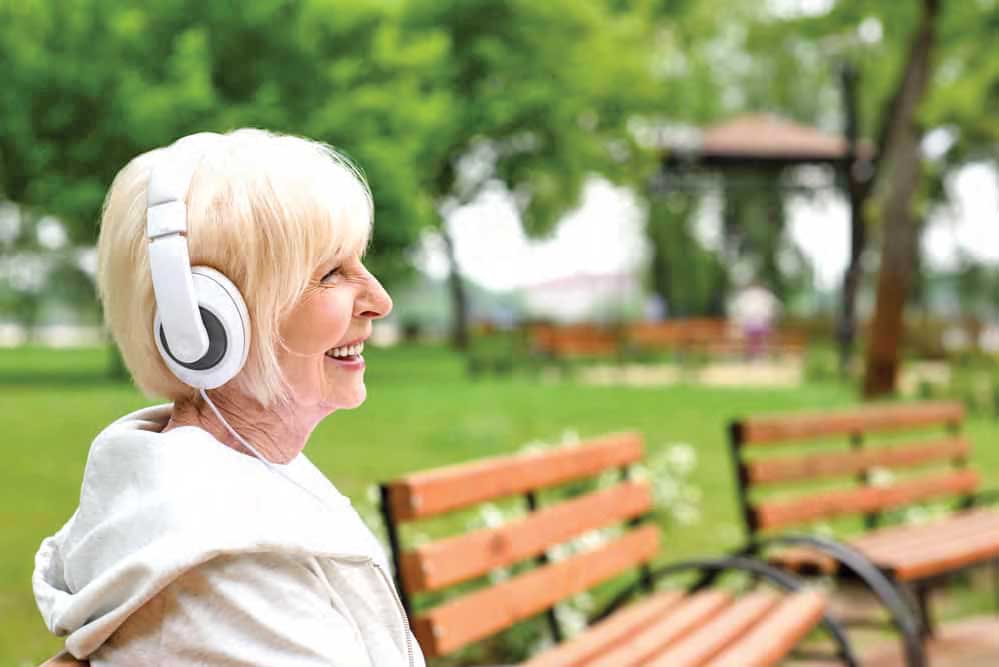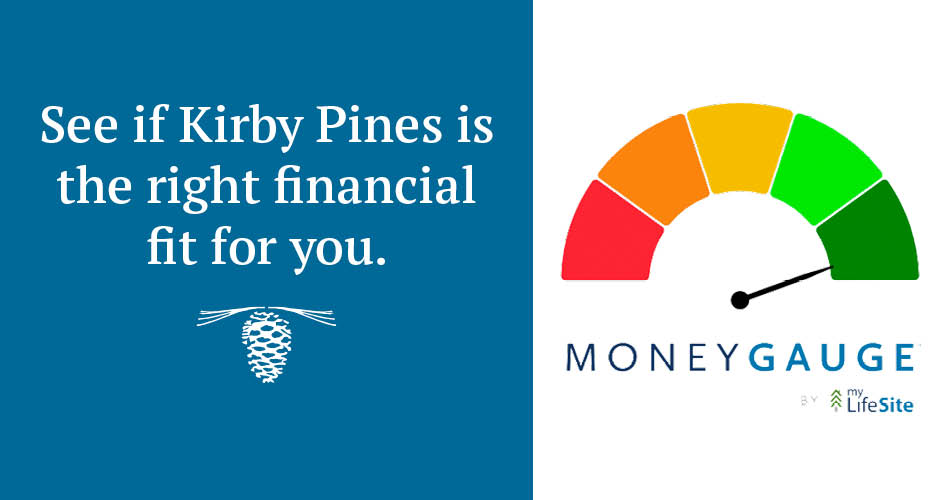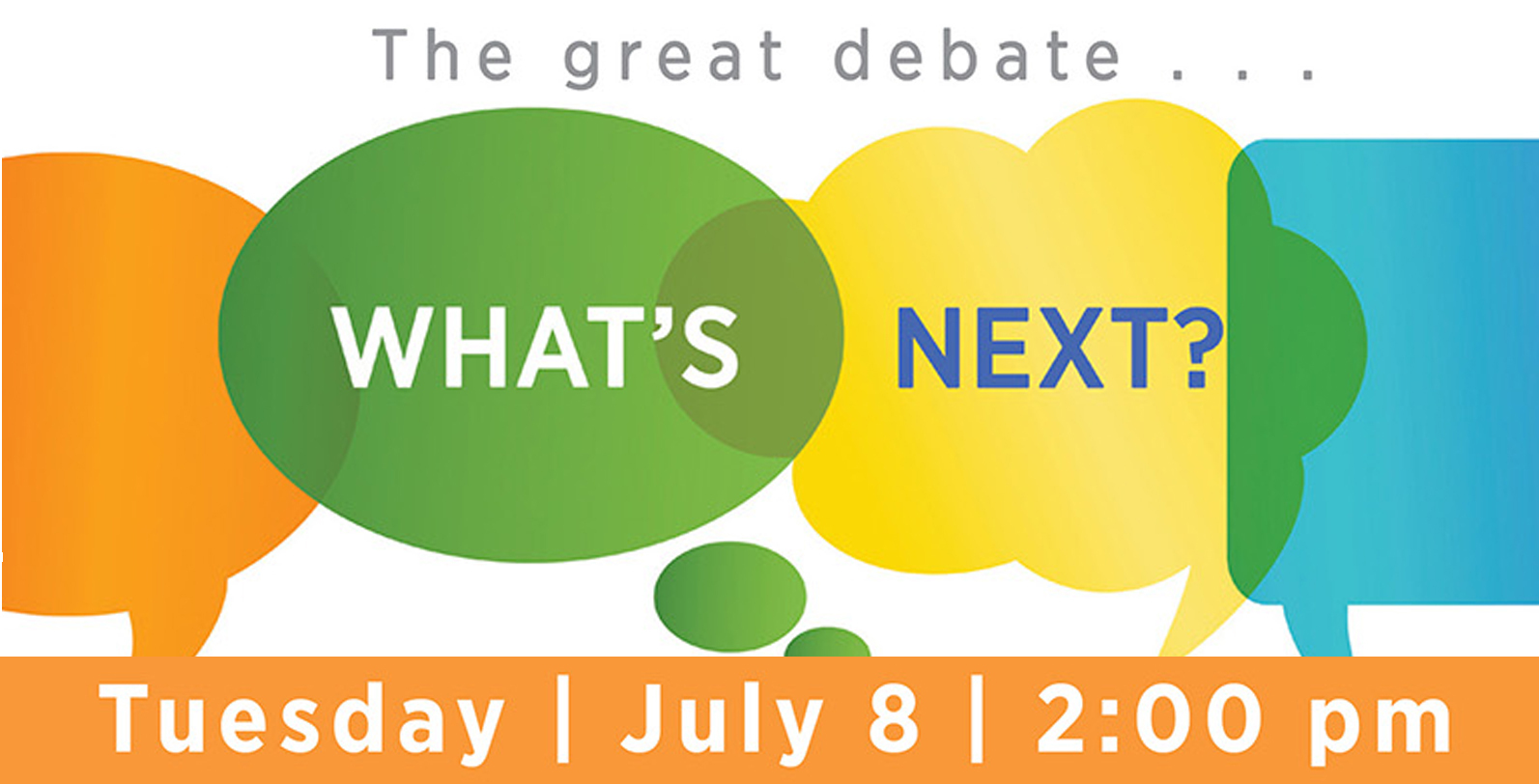
Music is medicine. Music has been shown to boost the immune system, reduce stress, build self-confidence, improve learning, enhance physical exercise, reduce blood pressure, decrease heart rate, reduce anxiety, bring back memories, and manage moods, just to name a few of its benefits. Music has also been shown to help improve sleep quality, especially in older adults.
So, why are there all these positive benefits? Dopamine is released when the brain hears comfortable music (think classical, not heavy metal). The body feels at ease and can begin to relax. We can then connect with positive memories, and we feel more peaceful and engaged with the world.
I think it’s safe to say that most of us enjoy listening to music, and it’s common to listen to our favorite tunes as we drive, clean the house, or go for a walk. As we just learned, listening to music can have a much bigger impact than just helping to pass the time.
Here are a few different ways to reap just a few of the benefits of music:
Listen to New Music.

We tend to listen to the same music, or at least the same genre of music, that we did in our teens and 20s. New music challenges the brain in a way that old music doesn’t. It might not feel pleasurable at first, but unfamiliarity forces the brain to struggle to understand the new sound. Try listening to a different type of music than what you are used to or try listening to music your kids or grandkids enjoy.
Turn on Ambient Noise for Creativity.
If you have an important project you are working on or need to boost creativity, try listening to ambient noise (like white noise) instead. This can help to boost creativity. It sounds counterintuitive, but according to a Journal of Consumer Research study, a moderate noise volume makes processing more difficult, which in turn will promote abstract processing, which leads to higher creativity. When we struggle to process our thoughts, we turn to more creative ways to make sense of the world.
Give Classical Music a Try.
Classical music can improve visual attention. Studies have shown that those who listened to classical music showed better signs of visual attention than those who listened to white noise or silence.

Move with the Music.
Music helps us move. Throw on your favorite tunes the next time you exercise. It can help distract you, drown out any thoughts of fatigue or boredom, and even encourage you to speed up or go a little bit longer. Music clearly has a positive effect on both the brain and the body. You may find the addition of music can have a positive impact on your pain management, motivation, and mental clarity. Our therapy team at Kirby Pines can bring music into your rehabilitation experience. The next time you are sitting or working in silence, turn on your favorite radio station, ask Alexa to “play your favorite song” or pick a playlist from Spotify. There is an endless supply of musical options at your fingertips – take advantage and enjoy! For more information on the benefits of music or to learn more about music therapy and how it can benefit you, please contact the Functional Pathways Therapy Team.
Where words fail, music speaks.
Brittany Austin, National Director of Health and Wellness, Functional Pathways





 © 2025 Kirby Pines LifeCare Community. All Rights Reserved |
© 2025 Kirby Pines LifeCare Community. All Rights Reserved | 